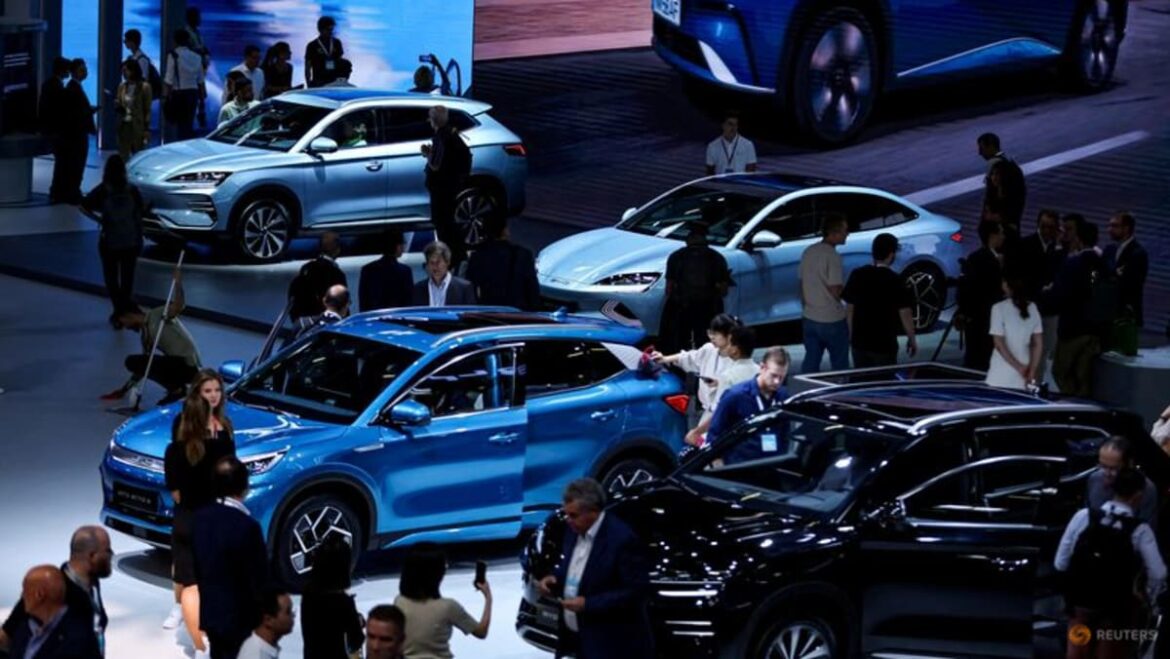Uber, BYD partner to bring EVs to ride hailing platform globally
Uber Technologies and Chinese automaker BYD announced a multi-365 days partnership on Wednesday aimed at bringing 100,000 unique electric autos to the run-hailing platform globally.
The partnership, beginning in Europe and Latin The US, will offer drivers accessible pricing and financing for BYD’s EVs on the Uber platform and can lengthen to markets in the Middle East, Canada, Australia and Unusual Zealand, the companies talked about.
High sticker prices for electric autos and increased borrowing payments possess acted as barriers to EV adoption all the method by approach to the last two years, inflicting query for such autos to develop at a slower-than-expected tempo.
Escalating native climate commerce concerns and the pressing want to minimize greenhouse fuel emissions has given a take to the area push for electrification in the transportation sector.
Uber and BYD will offer drivers reductions on automobile upkeep, charging, financing, and leasing depending obtainable on the market to bolster the transition to electric autos.
“When an Uber driver makes the swap to an EV, they might be able to lift up to four times the emissions advantages in comparison to a standard motorist, simply in consequence of they are on the avenue more,” Uber CEO Dara Khosrowshahi talked about in a press beginning.
The companies added that they’ll work collectively to integrate BYD’s autos with self-riding applied sciences onto the run-hailing platform.
BYD’s US rival Tesla is discipline to unveil its robotaxi product in October because it to appears to be like to be like to pivot after EV sales fell in the major two quarters of the 365 days.
BYD surpassed Tesla closing 365 days because the enviornment’s biggest electric automobile maker, though the Elon Musk-led EV maker has since regained the atomize discipline.
Uber talked about in January it turned into as soon as working with Tesla to promote the employ of EVs by its drivers in the US because it goals to vary into emission-free in US and Canadian cities by 2030.
Source: Reuters


